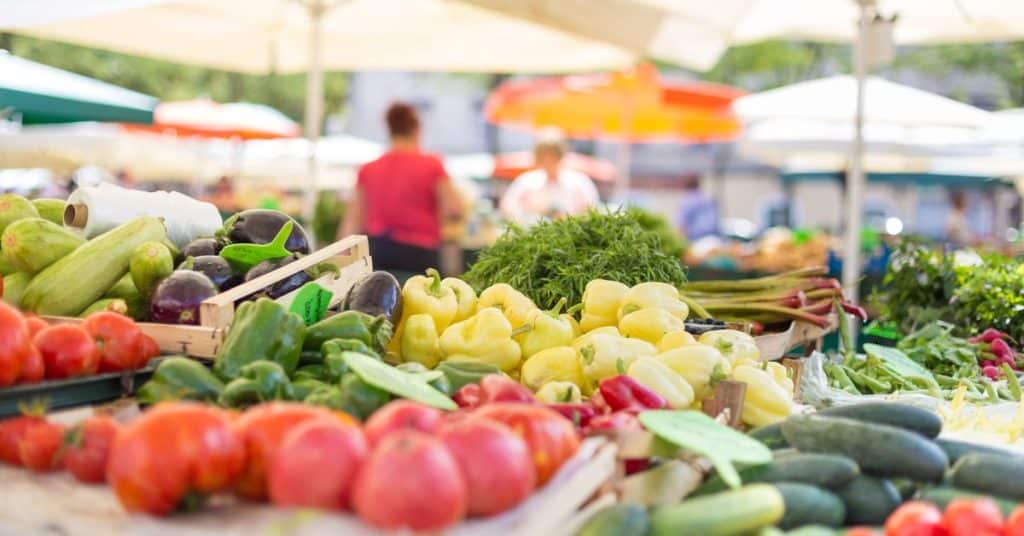

Over the past 60 years, the United States has played a heightened role in shaping the food environment in the Caribbean region through trade agreements that benefit US food corporations. Caribbean countries have become net importers of food, with some countries importing over 80 percent of their food.[1] These trade agreements have created a significant flow of imported meat, dairy, eggs, highly processed food, and US fast-food restaurant chains with advertising that normalizes a diet high in animal products and processed food; this is a significant shift from the healthier and mostly local plant-rich diet of our grandparents who grew up before the 1960s.
When food policies do not prioritize health, we must build social movements that empower people and push for change. One of the many ways to accomplish this is to motivate people to eat healthier food for a few weeks while providing information that supports them through their journey. When people experience the benefits of eating more healthily firsthand, they are more likely to feel empowered and realize that their choices are not limited to unhealthy food. They are also more likely to support initiatives that push for greater access to healthy plant-based food.
Empowering people to push for change is one of the goals of our Vegan Caribbean Kickstart online pledge program. Through this program, we motivate people to consume more plant-based food by encouraging them to make a 21-day commitment to a plant-based diet. Because it’s online, this pledge program is also a cost-effective way to reach people throughout the many countries that make up the beautiful Caribbean region and the diaspora. Program participants engage by eating plant-based Caribbean food while receiving information via an email series about its benefits.
Although we provide a sample meal plan, participants are encouraged to utilize the information as a guide to create their own meals that incorporate fruits, vegetables, whole grains, legumes, ground provisions, and a small number of nuts and seeds, as referenced in the T. Colin Campbell Center for Nutrition Studies program, one of the program sponsors. Participants are encouraged to consume foods that are low in fat (including cooking oil), salt, processed sugar, and other processed ingredients.
Since its launch approximately two years ago, we have secured well over 20,000 signups from over 25 countries, including 22 Caribbean countries, the United States, Canada, and the United Kingdom. Approximately 90 percent of participants reported that they live in the Caribbean region, over 78 percent identify as a person of Caribbean heritage, and over 91 percent identified as nonvegan when they registered.
We have received valuable feedback and positive comments from over 360 post-survey participants. Eighty-six percent pledged to continue eating fully plant-based for four or more days per week. Many praised the program for promoting ingredients local to the Caribbean and providing new and relatable information about the plant-based diet’s ability to support human health, mitigate environmental concerns, and improve animal welfare.
This program continues to successfully engage people and help them see that it is possible to build healthy communities.
References
- CARICOM. CARICOM and IICA confirm alliance and prioritise actions to combat food and nutrition insecurity and improve the climate resilience of agriculture in the Caribbean (Press Release). RelielfWeb. August 9, 2023. https://reliefweb.int/report/costa-rica/caricom-and-iica-confirm-alliance-and-prioritise-actions-combat-food-and-nutrition-insecurity-and-improve-climate-resilience-agriculture-caribbean
Copyright 2026 Center for Nutrition Studies. All rights reserved.
Deepen Your Knowledge With Our
Plant-Based Nutrition
Certificate
Plant-Based Nutrition Certificate
- 23,000+ students
- 100% online, learn at your own pace
- No prerequisites
- Continuing education credits









